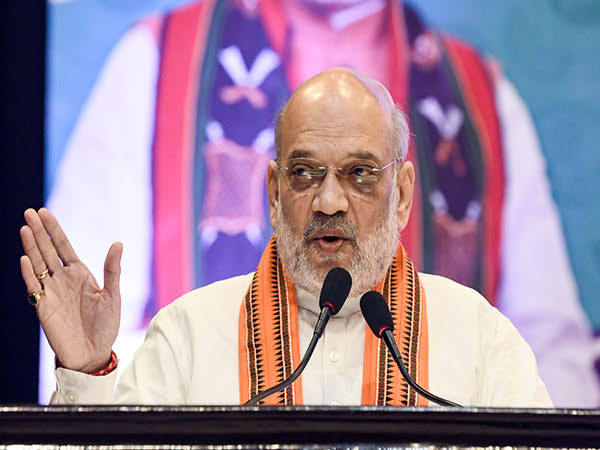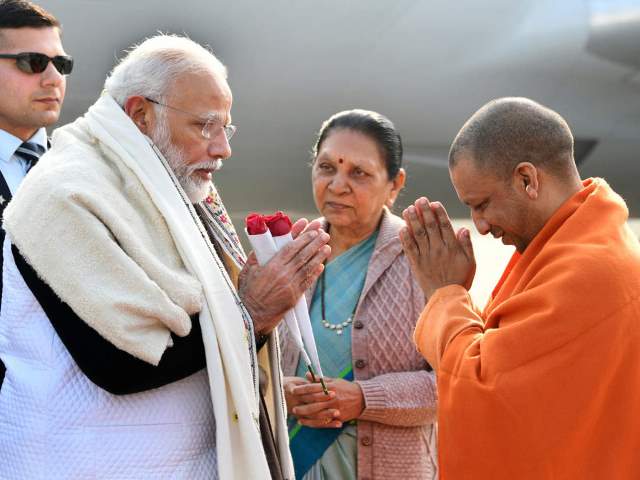In a recent development, former U.S. President Donald Trump has raised concerns over a $21 million allocation aimed at bolstering voter turnout in India. Expressing his skepticism, Trump remarked, “Guess they were trying to get somebody else elected.”
 This statement comes in the wake of reports detailing U.S. financial support intended to enhance democratic participation in India. The funds are designated for programs that encourage voter engagement and ensure free and fair elections.
This statement comes in the wake of reports detailing U.S. financial support intended to enhance democratic participation in India. The funds are designated for programs that encourage voter engagement and ensure free and fair elections.
Trump’s comments have ignited discussions about the appropriateness of allocating substantial sums to foreign electoral initiatives, especially when domestic issues demand attention. Critics argue that such expenditures might be better utilized addressing pressing concerns within the United States.
However, proponents of the funding emphasize the importance of supporting democratic processes globally. They contend that fostering robust democracies abroad contributes to international stability and aligns with the United States’ longstanding commitment to promoting democratic values.
The debate highlights the delicate balance policymakers must navigate between addressing domestic priorities and fulfilling international responsibilities. As discussions continue, the broader implications of foreign aid in promoting democracy remain a focal point of contention.
While Trump’s remarks resonate with those prioritizing domestic issues, others advocate for a more global perspective, underscoring the interconnectedness of nations and the shared benefits of supporting democratic institutions worldwide.
As this discourse unfolds, it serves as a reminder of the complexities inherent in foreign aid decisions and the diverse viewpoints that shape such policies.




